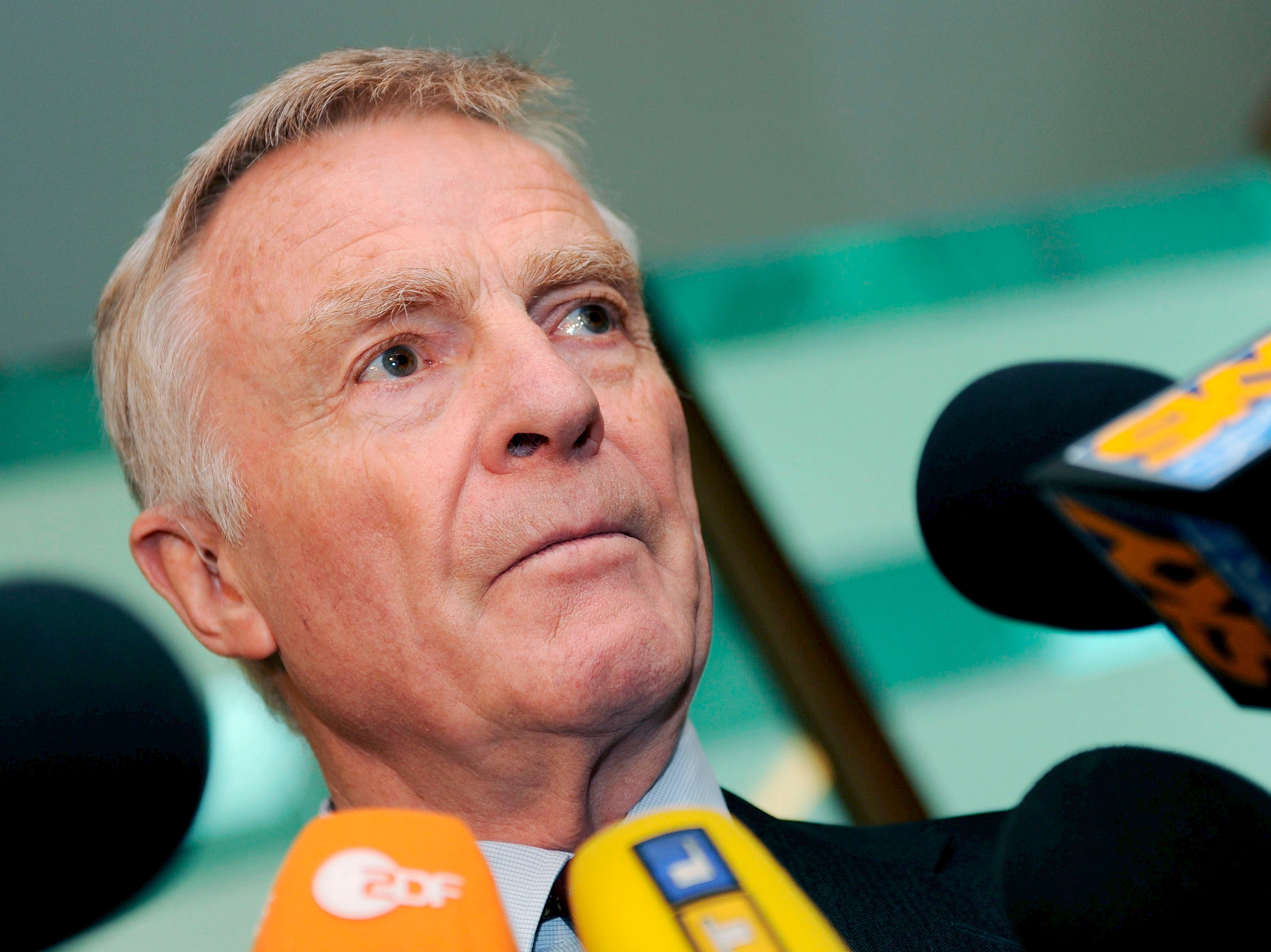Max Mosley scandal: Why ex-Formula One chief turned privacy campaigner after ‘Nazi orgy’ story
Ex-motorsports boss won £60,000 in high-profile privacy case against tabloid

Your support helps us to tell the story
From reproductive rights to climate change to Big Tech, The Independent is on the ground when the story is developing. Whether it's investigating the financials of Elon Musk's pro-Trump PAC or producing our latest documentary, 'The A Word', which shines a light on the American women fighting for reproductive rights, we know how important it is to parse out the facts from the messaging.
At such a critical moment in US history, we need reporters on the ground. Your donation allows us to keep sending journalists to speak to both sides of the story.
The Independent is trusted by Americans across the entire political spectrum. And unlike many other quality news outlets, we choose not to lock Americans out of our reporting and analysis with paywalls. We believe quality journalism should be available to everyone, paid for by those who can afford it.
Your support makes all the difference.Max Mosley, the former Formula One chief turned privacy campaigner, has died at the age of 81, ex-F1 chief executive Bernie Ecclestone has confirmed.
Mr Mosley served as president of the Federation Internationale de l’Automobile (FIA), the governing body of F1, from 1993 to 2009 but was known in his later life for successfully taking the News of the World newspaper to court in a major privacy case.
In the 2008 case, Mr Mosley successfully sued the publisher of the newspaper after it wrongly reported that he had attended a “Nazi-themed” sex party.
The former F1 boss became a prominent supporter of stronger press regulation following the case and even bankrolled phone-hacking victims in their fight against the News of the World.
The controversial case came after the tabloid newspaper published a story on 30 March 2008 with the headline “F1 Boss has Sick Nazi Orgy with Five Hookers”, based on a secret video filmed by one of the women who took part in the sex session in London.
Although Mr Mosley admitted to being involved in a sado-masochistic sex session with prostitutes, he denied that the incident was “Nazi-themed” and argued that his privacy had been unfairly breached.
The allegation made by the paper was particularly notable as Mr Mosley was the son of the 1930s British fascist leader Oswald Mosley.
In the High Court case, the F1 chief argued that sexual or sadomasochistic activities were “inherently private in nature” and that there was a pre-existing relationship of confidentiality between the participants, with the expectation that the activities would not be made public.
Mr Justice Eady, the judge in the case, agreed that Mr Mosley could expect privacy for consensual “albeit unconventional” sexual activities.
The judge said that there was “no evidence” that the gathering had been intended as “an enactment of Nazi behaviour or adoption of any of its attitudes”, adding that the activities which took place were “typical of S&M behaviour”.
Therefore, he found that there was “no public interest or other justification for the clandestine recording” or for the publication of the story.
Mr Mosley was ultimately awarded £60,000 in damages over the newspaper article.
What happened next?
Following the case, Mr Mosley filed an application to the European Court of Human Rights arguing that his right to privacy was breached by a failure to impose a legal duty on the newspaper to notify him in advance of publishing the story.
He said there should be a requirement of prior disclosure, which would have forced journalists to give at least two days’ notice of intention to print stories about misbehaviour by a public figure.
This would allow the opportunity for a judge to approve an interim injunction and prevent publication.
However, the court unanimously rejected Mr Mosley’s application and ultimately ruled that the damages he received were an adequate remedy for the breach of his privacy.
The ruling did not deter the former F1 boss from continuing to challenge the British press as he later agreed to underwrite the legal costs of an unknown number of people who claimed they were victims of phone-hacking by the News of the World.
“In a number of cases I've said to people: 'If you lose, I'll stand behind you,’” Mr Mosley told the US magazine Vanity Fair in 2011.
“In Britain, to bring a lawsuit, you either have to have no money at all or be eccentric.”
In July 2011, the News of the World was shut down following widespread public backlash and advertising boycotts against the paper over the phone hacking scandal.
Join our commenting forum
Join thought-provoking conversations, follow other Independent readers and see their replies
Comments